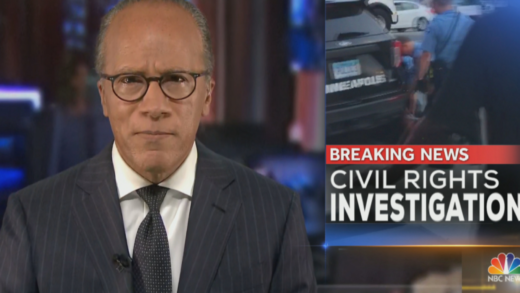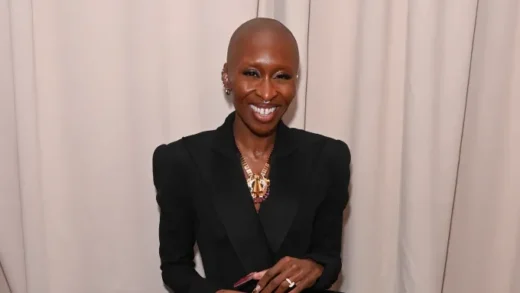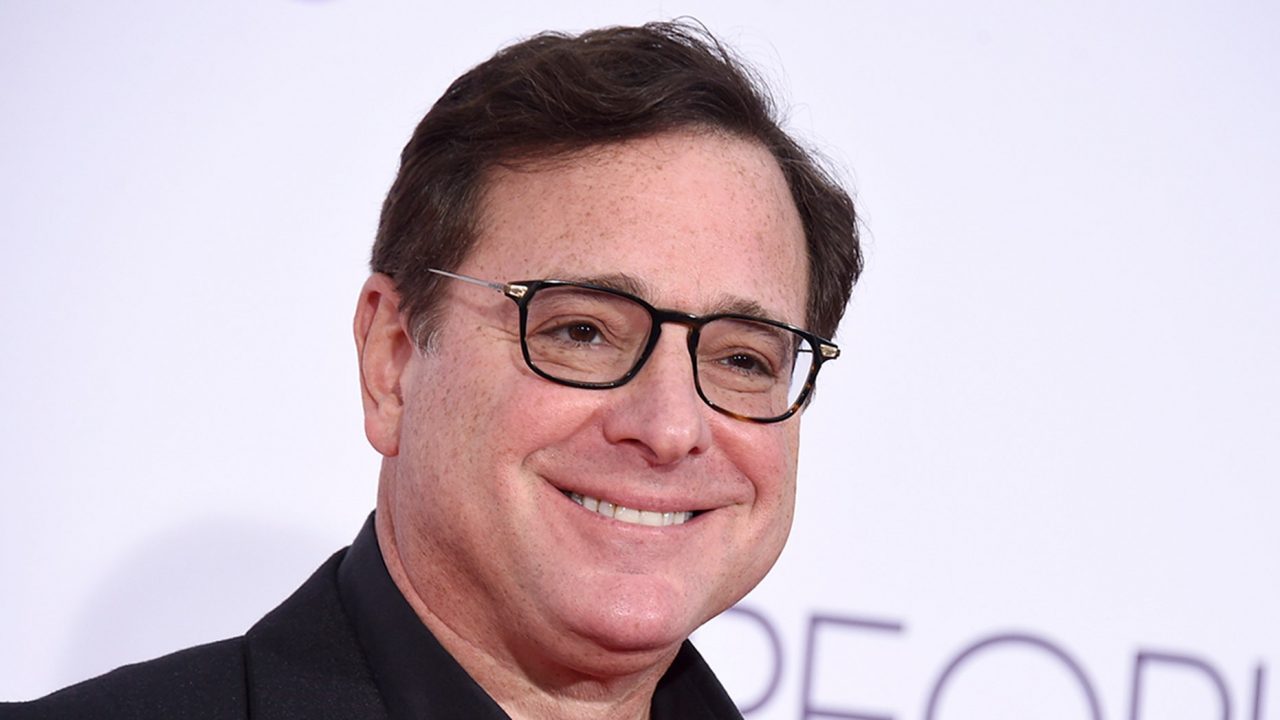Bob Saget’s death — likely the result of a fall backward, according to a Florida medical examiner — is a reminder of how even brain trauma that seems unremarkable might merit medical attention, experts say.
Authorities concluded that Saget, who was found dead in a hotel room in January, hit the back of his head, “thought nothing of it and went to sleep,” his family announced Wednesday, adding that no drugs or alcohol were involved.
Joshua Stephany, the chief medical examiner of Orange and Osceola counties, confirmed the family’s statement in his autopsy report Thursday afternoon, in which he ruled Saget’s death an accident.
With no witnesses to the hours leading up to his death, neurologists were unable to speculate about Saget’s medical situation. But they said the mindset he found himself in isn’t rare: It’s common for people to minimize head injuries.
“We unfortunately hear this frequently, where people have bad headaches after, and they tend to downplay it,” said Dr. Shazam Hussain, the director of the Cerebrovascular Center at the Cleveland Clinic. “They say, ‘Well, I’ll just see if it gets better,’ and then something catastrophic happens.”
Not every knock to the head requires a trip to the emergency room. The force of the impact plays a role, Hussain said, meaning something as significant as a car accident would need to be evaluated, while walking into ceiling rafters likely wouldn’t.
How someone feels after a head injury is an important indicator of whether they should seek care. A persistent or worsening headache, nausea and vomiting are causes for concern, as is a poor recollection of sustaining the injury, said Dr. Joshua Marcus, a neurosurgeon with Nuvance Health.
Loss of consciousness or droopiness in the face, paralysis in the arms or legs, and difficulty walking or speaking need to be looked at immediately, Hussain said.
“If this feels like the worst headache of your life or anything that feels like a strokelike symptom — it’s better not to wait on that stuff,” he said. “We’ve seen too often that people wait on those to get better. Get it checked out and make sure that you’re safe.”
(Excerpt) Read more @ NBC News





